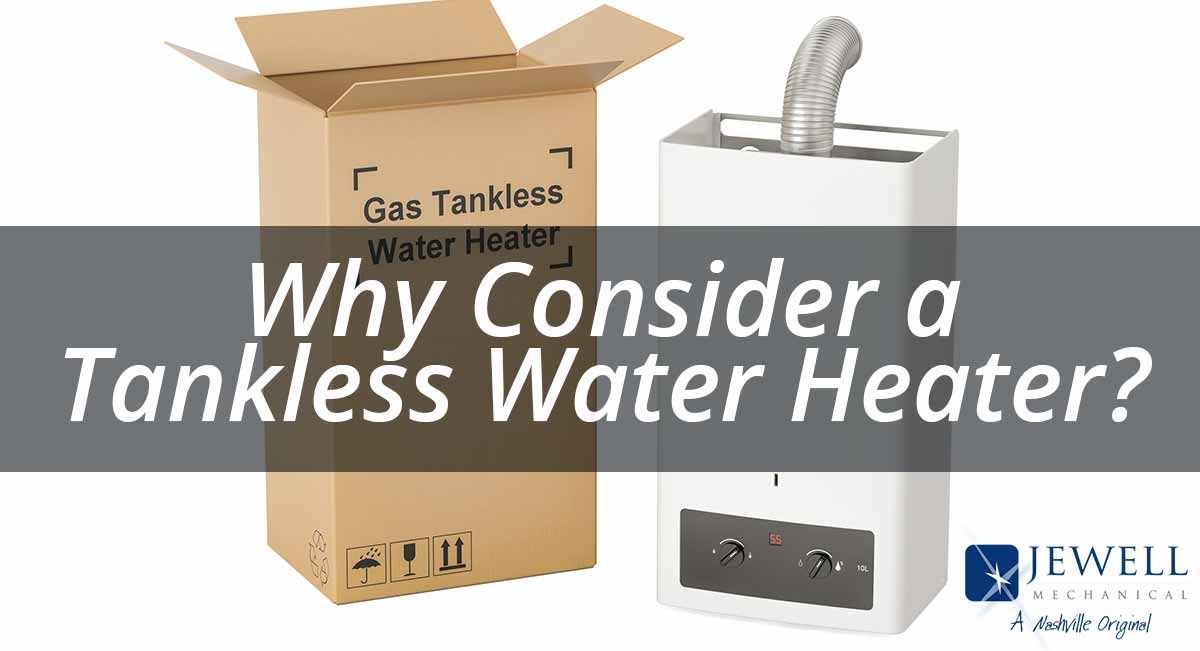
There are a lot of things that can cause an indoor flood, including:
- Heavy rain
- A burst pipe
- Sewer backup
But another common cause of indoor floods is the storage tank water heater, which can flood your basement or a large portion of your home.
Common Causes of a Water Heater Flood
A hot water heater flood typically occurs due to one of two reasons:
- A worn-out seal or fitting allows water to leak out
- The storage tank has rusted through
In a worst-case scenario, a conventional water heater tank can burst or explode, most commonly as a result of a malfunctioning thermostat. That is, if the unit cannot determine the correct temperature of the water, the heating element may stay on indefinitely, causing the water to boil, which results in steam and the pressure building up to the point where the water heater tank bursts.
Risks of a Water Heater Flood
Naturally, the risks of a water heater flood are substantial, and include:
-
- Burns from scalding hot water
- Electrocution
- Water damage
- Mold growth
A flood can also short-circuit your electrical system, leading to sparks and even a fire.
What to Do if Your Water Heater Floods
If you notice water rising in your basement or in the vicinity of your water heater, the first thing you should do is to cut off the circuit breaker to your water heater (if it’s electric), or shut off the gas (if your water heater is gas). It’s a good idea to know where your shut-offs are, as cutting the power can keep you from getting electrocuted.
The next step is to call Jewell Mechanical at (615) 469-5965 for assistance. In some cases you may need a sump pump installed to prevent future or additional water damage.
How Long Does a Traditional Hot Water Heater Last?
If your conventional hot water heater hasn’t yet leaked or caused a flood but you’re worried about that eventuality, know that a storage tank water heater typically lasts somewhere between eight and 12 years. Generally speaking, we’ve found that a tank water heater tends to last longer when it receives periodic maintenance (including draining and flushing the tank as recommended by the manufacturer), though water quality also plays a big role.
Tellingly, though, many of our customers are replacing their old conventional water heater with a tankless water heater.
Advantages of Tankless Water Heaters
While tankless water heaters cost more than standard tank water heaters (up to three times the cost), many people find that the advantages more than offset the additional upfront investment.
Advantages include:
- Reduced utility bills, as tankless units only heat water as-needed
- They allow you to set the thermostat to your desired temperature
- They also save space, as they are much smaller than standard tank units
- No chance of flooding due to a ruptured storage tank
- Longer lifespan
In fact, with proper maintenance a tankless water heater can be expected to last 15 to 20 years.
Is a Tankless Water Heater Right For You?
There are a number of considerations that come into play, including your budget and your family’s hot water needs.
For example, a tankless water heater has the potential to provide a virtually unending “on-demand” supply of hot water, though if it isn’t sized correctly it may not be able to deliver enough hot water at the specific time(s) it’s needed.
On the other hand, a storage tank hot water heater can only supply the hot water that it stores at any one time, and if it runs out of hot water it may take an hour or two for the unit to recover.
Call Jewell Mechanical for Water Heater Installation or Service
At Jewell Mechanical, our plumbing technicians have many years of experience and we offer 24-hour emergency service. So if your water heater has flooded your basement or home, call us today for a water heater replacement or repair quote. In most cases, we can provide same-day replacement for water heaters, whether you live in Davidson County or elsewhere in Middle Tennessee. Contact us online or call us at (615) 469-5965.
